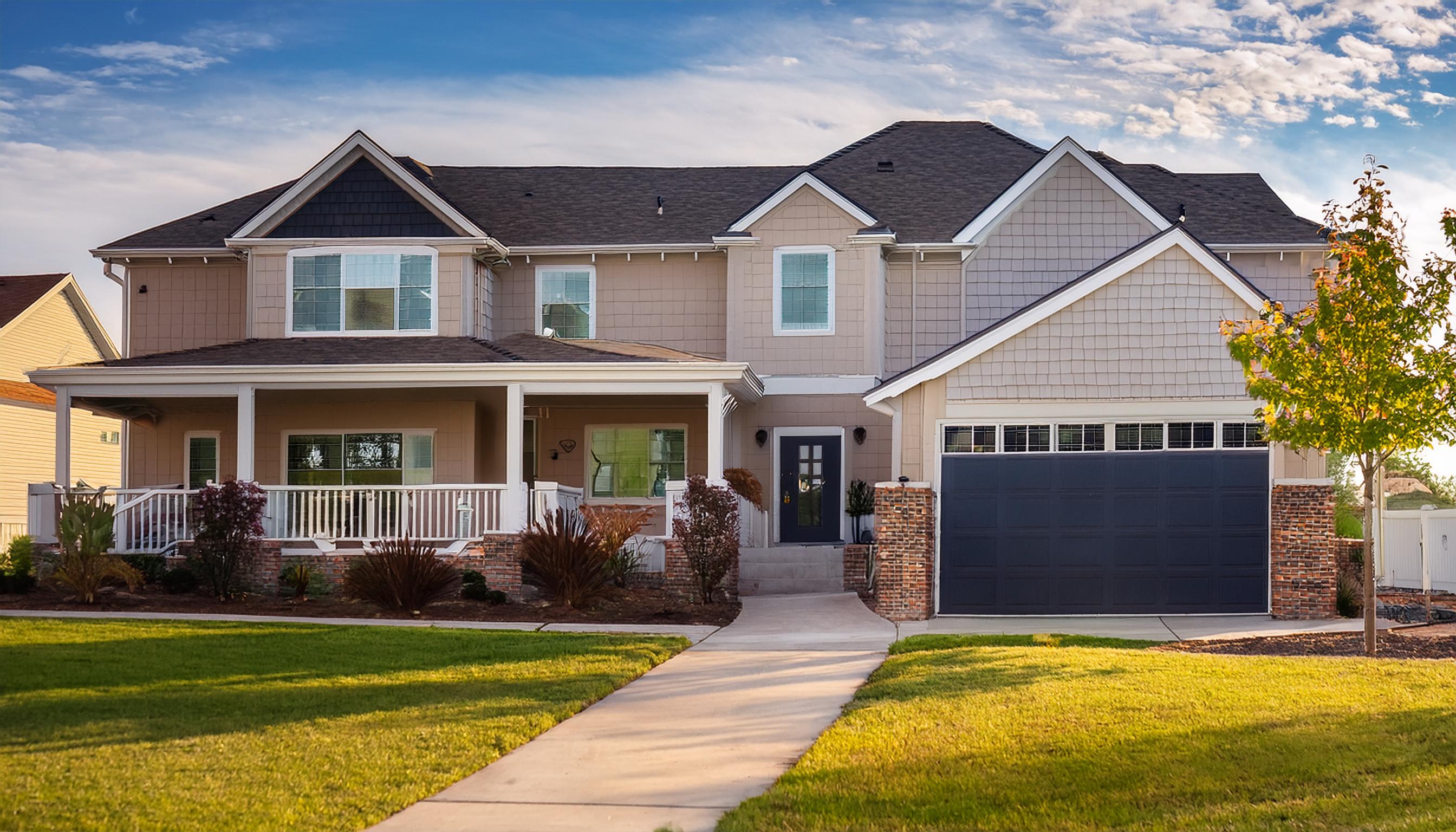SB326 Inspection Against Liability and Costly Repairs

Table of Contents
Why Are SB326 Inspections Essential for California HOAs and Condos?
What Does an SB326 Inspection Entail?
What Happens After the SB326 Inspection?
FAQ Section: Top Questions & Answers
The sun-kissed balconies of California condominiums and HOAs are more than just picturesque features; they’re complex structures that require meticulous care and attention. The tragic balcony collapse in Berkeley in 2015 served as a stark reminder of the potential consequences of neglecting these elevated spaces. In response, California enacted Senate Bill 326 (SB326 California), a landmark legislation aimed at preventing such disasters and ensuring the safety of residents.
What is an SB326 Inspection?
An SB 326 inspection is a comprehensive assessment of a building’s exterior elevated elements (EEEs), including balconies, decks, walkways, stairways, and their associated railings and waterproofing systems. The inspection must be conducted by a qualified professional, such as a licensed architect, structural engineer, or certified building inspector. The goal is to identify any existing or potential safety hazards, structural deficiencies, or non-compliance with building codes and regulations.
Contact DrBalcony for a professional inspection!
Ensure the safety of your balcony and living space with DrBalcony – We’re a Tech Engineering firm that specializes in California SB326 & SB721 balcony inspections. Over 300+ completed projects in California.
Request A Free EstimateClick To Call
Why Are SB326 Inspections Essential for California HOAs and Condos?
SB326 inspections are not merely a bureaucratic requirement; they are a critical safeguard for the safety and well-being of residents. By proactively identifying and addressing potential issues, these inspections can prevent catastrophic failures, mitigate liability risks, and ensure the long-term value and integrity of your property.
What Does an SB326 Inspection Entail?
An SB326 inspection involves a thorough visual examination of a representative sample of the building’s EEEs. The inspector will assess the condition of various components, including:
- Load-bearing elements: Beams, joists, columns, and other structural members that support the weight of the balcony or deck.
- Waterproofing systems: Flashing, membranes, and sealants that prevent water intrusion and protect against damage.
- Railings and guardrails: Ensuring they meet height and strength requirements to prevent falls.
- Connections and fasteners: Checking for signs of corrosion, deterioration, or loose connections that could compromise structural integrity.
In addition to the visual inspection, the inspector may also conduct further testing, such as moisture readings or invasive probes, if they suspect hidden damage or deterioration.
What Happens After the SB326 Inspection?
Following the inspection, the inspector will prepare a detailed report outlining their findings and recommendations. This report will identify any necessary repairs, distinguishing between emergency repairs that require immediate attention and non-emergency repairs that can be addressed within a specified timeframe.
The HOA or condominium association is then responsible for reviewing the report, allocating funds for repairs, and ensuring that all necessary work is completed by qualified professionals.
Failing to comply with SB326 California inspection can have serious consequences, including:
- Financial Penalties: Local enforcement agencies can impose hefty fines for non-compliance, potentially reaching thousands of dollars.
- Legal Liability: In the event of an accident or injury, the HOA or condominium association could be held liable for damages if they failed to comply with inspection and repair requirements.
- Insurance Issues: Non-compliance may lead to increased insurance premiums or even denial of coverage for balcony-related claims.
At DrBalcony, we understand the complexities of SB326 and the importance of proactive balcony maintenance. Our team of experienced professionals utilizes cutting-edge technology, including AI-powered assessments, to conduct thorough and efficient inspections. We provide detailed reports, actionable recommendations, and ongoing support to ensure your property remains safe, compliant, and worry-free.
Don’t wait for a disaster to strike. Contact DrBalcony today to schedule your SB326 California and protect your investment.
Contact DrBalcony for a professional inspection!
Ensure the safety of your balcony and living space with DrBalcony – We’re a Tech Engineering firm that specializes in California SB326 & SB721 balcony inspections. Over 300+ completed projects in California.
Request A Free EstimateClick To Call
FAQ Section: Top Questions & Answers
My property is well-maintained. Do I really need SB-326/SB-721 inspections?
YES! Even with excellent maintenance, hidden issues can develop due to construction errors, material flaws, or severe weather exposure. Inspections are about ensuring those don’t turn into major problems.
Our balconies were inspected a few years ago – isn’t that enough?
Unfortunately, no. California laws mandate inspections on a set schedule, often every 6 years. Deterioration can happen quickly, making regular assessments essential.
Can I use my regular handyman for the balcony inspection?
It’s not recommended. Unless they hold specific licenses (architect, structural engineer, etc.) their inspection won’t be considered valid for SB-326/SB-721 compliance.
What if the inspection uncovers major issues?
First, don’t panic! Early detection often means less extensive (and expensive) repairs are needed. Work with your inspector to prioritize fixes, and explore if they offer repair services for a streamlined solution.
I’m worried about the cost of inspections. Are there any resources to help?
Start by getting detailed quotes from multiple companies. Factor in that proactive inspections help you avoid even bigger costs down the line due to neglected problems. Some property management associations offer guidance on budgeting for balcony compliance.
